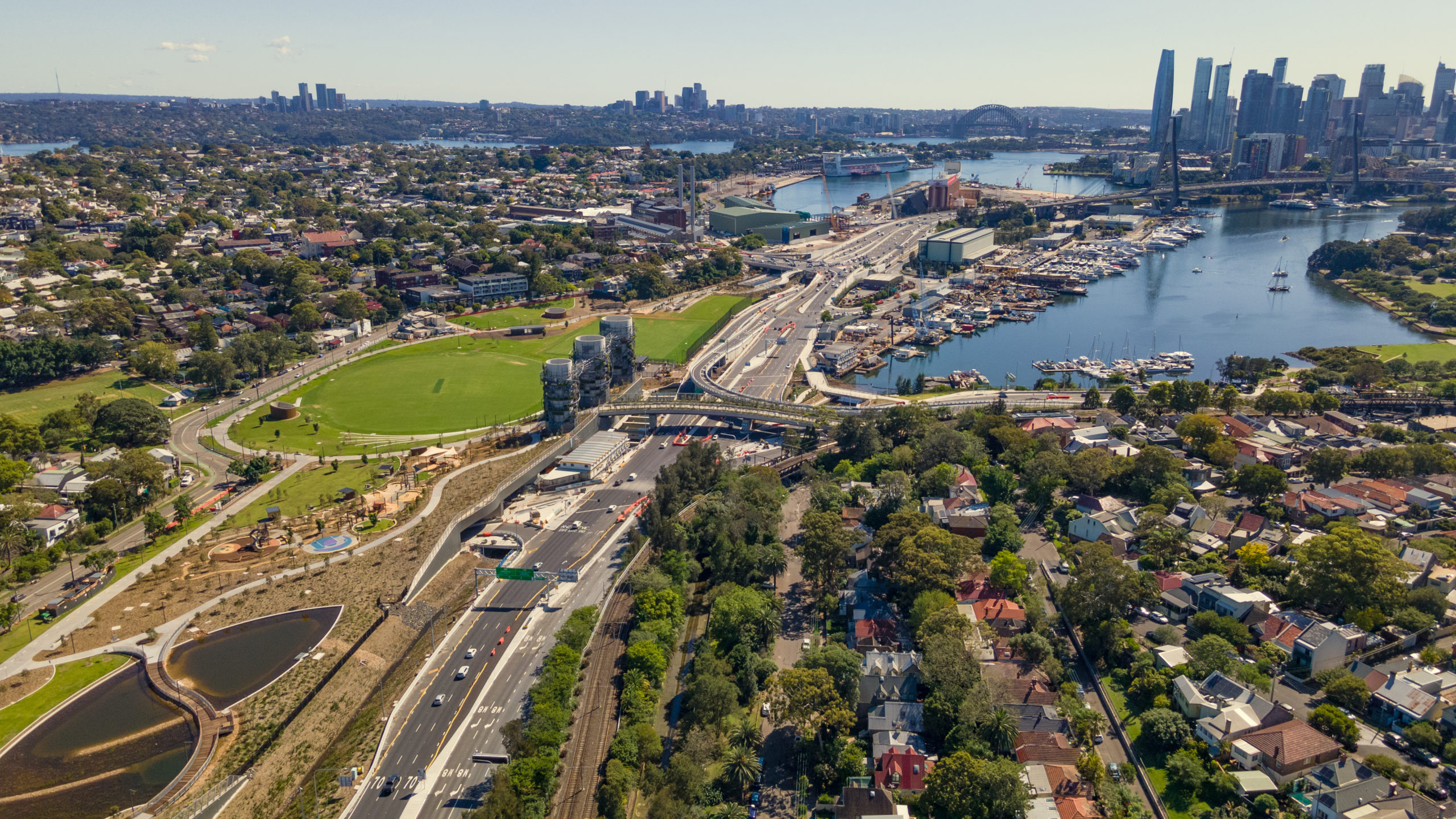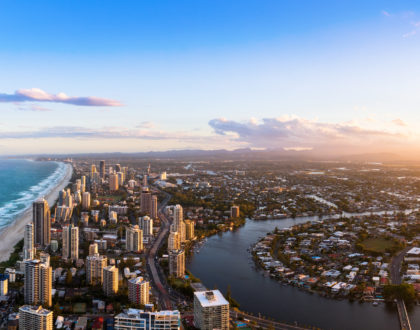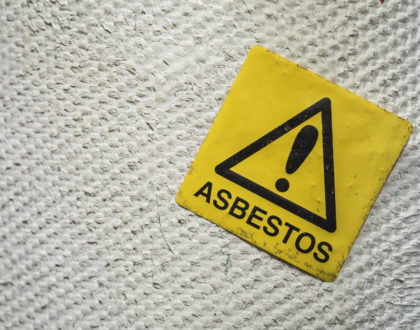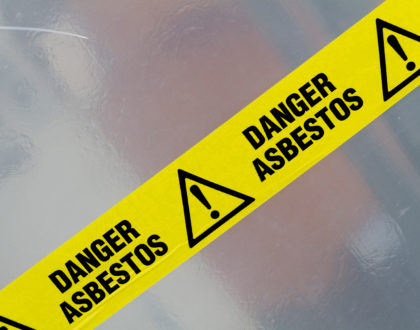Australia’s Asbestos Problem – What Happened in NSW?

by CCUK Support
At the start of the year, a young child in Australia returned home with handfuls of garden mulch from their local park in Rozelle and it has now sparked a major environmental crisis across Sydney. In this blog series we will update you on this ongoing saga.
What began with the child’s concerned parent getting in touch with the relevant authorities after they discovered what seemed to be chunks of bonded asbestos within the mulch led to the discovery of potential contamination of what the NSW council say could be over a hundred sites including schools, parks and playgrounds all over the city forcing their immediate closure until the matter is resolved.
The general public have been warned to keep away from these contaminated areas by the local health authorities, who have also been assuring people that there is not thought to be a major risk as of yet due to the majority of the asbestos being bonded, mostly with cement meaning there is a less of a chance of it being broken down and inhaled which is where the danger lies with asbestos exposure.
The primary dangerous form of the material is friable asbestos as this can very easily be crushed and turn into an easily ingestible powder and unfortunately this type has been found at a public park in the Surry Hills area of the major Australian hotspot.
The Environmental Protection Agency (EPA) have begun to look at a criminal investigation in order to determine to find out “who has done the wrong thing”, the environment minister has said, with Premier Chris Minns adding “If there’s been a breach of the law then, of course, we’ll throw the book at them.”
This whole ordeal has shone a light on the regulatory checks in the state as currently despite law dictating that all mulch suppliers must ensure that there are no potential contaminants, there’s no specific tests that they need to pass through. Members of the NSW parliament have been calling for a change in these rules to which the government has confirmed that if the EPA recommends this they will consider putting these calls into effect.
Read More on the topic here.
Recommended Posts

Australia Asbestos Problem – Outside of NSW
March 29, 2024

Australia’s Asbestos Problem – What Was the Reaction in NSW?
March 22, 2024

Australia’s Asbestos Problem – Who is Responsible?
March 15, 2024

